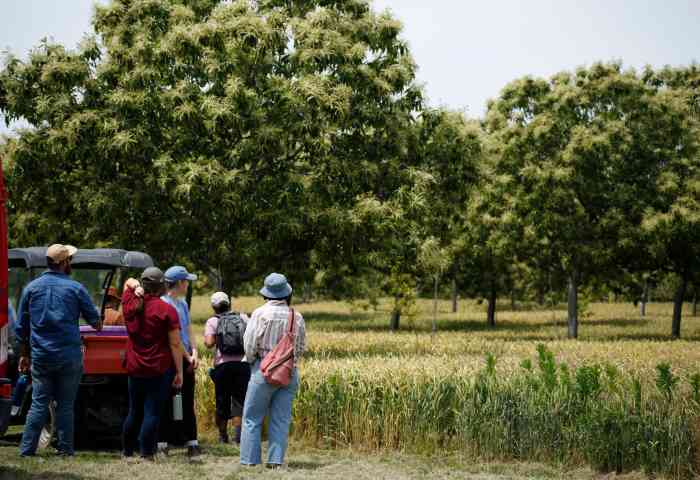Get started with Mizzou
Apply hereOverview
A graduate certificate in agroforestry from MU can help you advance your career in this rapidly expanding and globally acclaimed field. If you have experience in agroforestry but lack a formal credential, this may be the program for you.
Quick facts
Official name
Graduate Certificate in AgroforestryCampus
Program type
Graduate certificateAcademic home
College of Agriculture, Food & Natural Resources | School of Natural ResourcesDelivery mode
100% onlineAccreditation
Higher Learning CommissionCredit hours
12Estimated cost
$7,608.00*This cost is for illustrative purposes only. Your hours and costs will differ, depending on your transfer hours, your course choices and your academic progress. See more about tuition and financial aid.
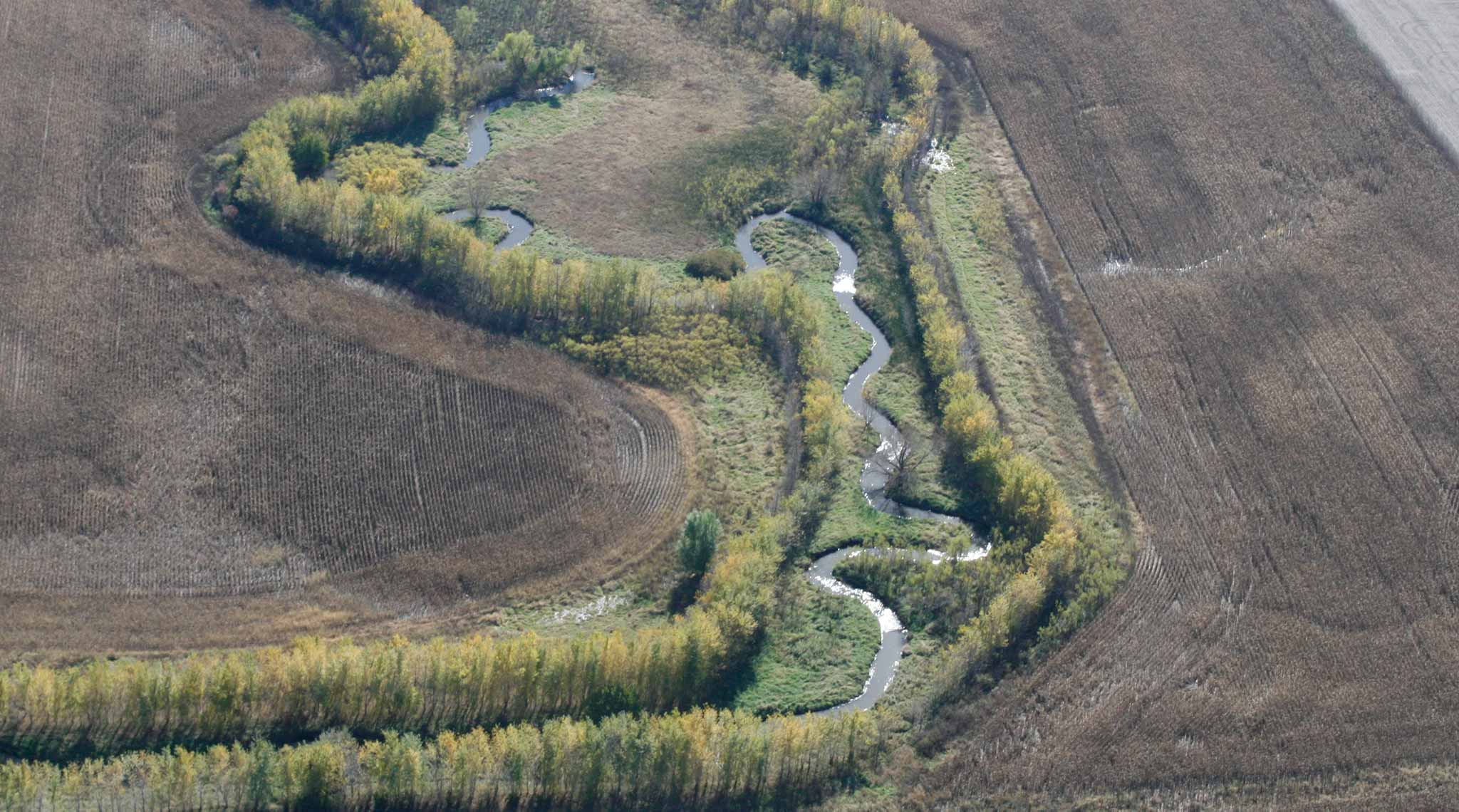
Career prospects
Potential careers
- Agriculture or food scientist
- Conservation scientist
- Environmental engineer
- Environmental specialist
- Geoscientist
- Forester
Program structure
The online graduate certificate in agroforestry is 100 percent online: no campus visits are required.
Students typically take one or two classes each semester session and finish the program in one to two years.
Course work covers
- Agroforestry practice and principles — temperate and tropical
- Agroforestry ecology and landscape design
- Urban biodiversity, conservation and planning
- Geographic information systems
- Agroforestry economics and policy
- Advanced medicinal plant science
- Watershed management and restoration
Delivery
100% onlineCalendar system
Semester-basedTypical program length
1 or 2 yearsTypical course load
1 or 2 classes each semesterAccreditation
The University of Missouri is accredited by the Higher Learning Commission, one of six regional institutional accreditors in the United States.
Faculty spotlight
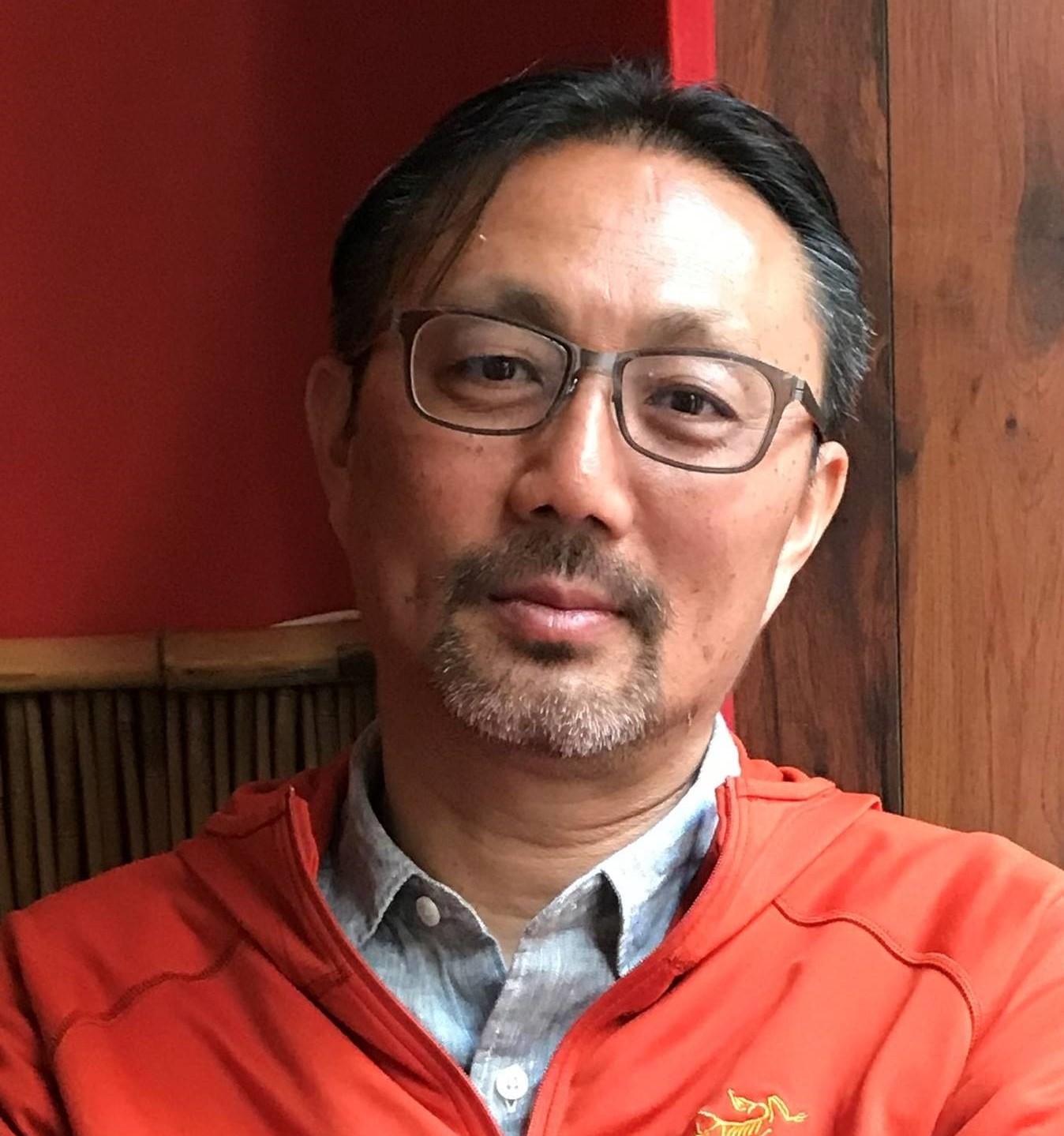
Chung-Ho Lin leads the bioremediation and natural products research programs at the Center for Agroforestry. His work explores the utilization of plants, bacteria and engineered enzymes for environmental remediation and development of bioeconomy. Dr. Lin’s primary research focus includes the development of conservation and bioremediation strategies for the remediation of organic pollutants, the development of novel molecular, analytical and metabolomic techniques to characterize the fate and transport of human pathogens (e.g., SARS-COV2) and organic pollutants, identification of health-promoting and high-value natural products isolated from specialty crops and waste materials and their novel applications, and development of novel biocatalyst systems for environmental remediation and other industrial applications. The spin-offs from his translational research include Elemental Enzymes and Tiger Enzyme Solutions.
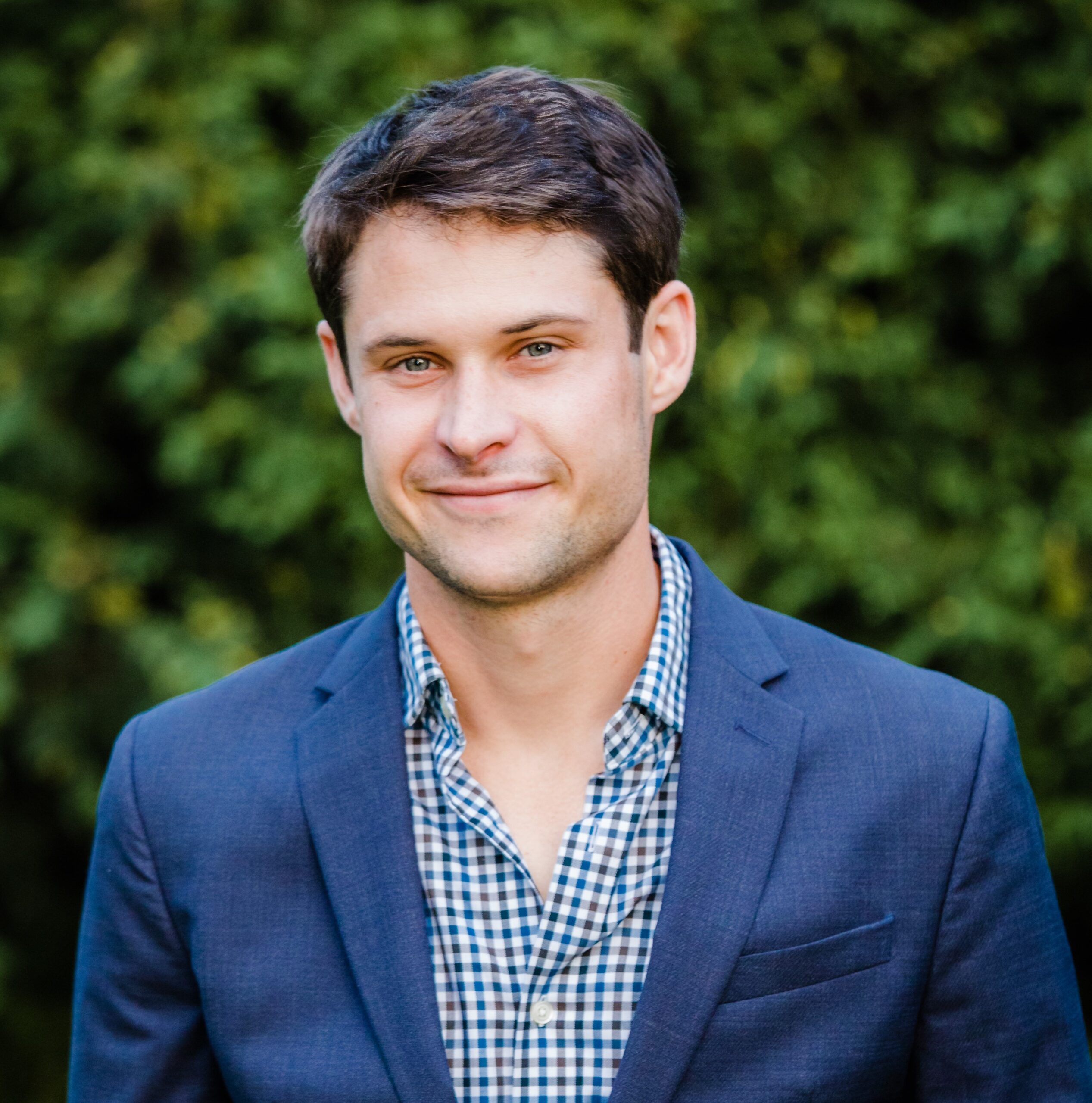
Ron Revord’s primary research advances applied breeding programs for black walnut, Chinese chestnut and northern origin pecan within the University of Missouri Center for Agroforestry. Dr. Revord also collaborates with the Hybrid Hazelnut Consortium on their mission to broaden the cultivated range of hazelnut, using interspecific hybrids of Corylus americana and C. avellana. In partnership with the Missouri Department of Conservation, Revord’s lab collaborates on efforts to collect and conserve Ozark chinquapin, with the near-term goal of characterizing and preserving the genetics of remnant plants. He teaches Topics in Natural Resources: Clonal Horticultural Crop Breeding in the fall semesters.
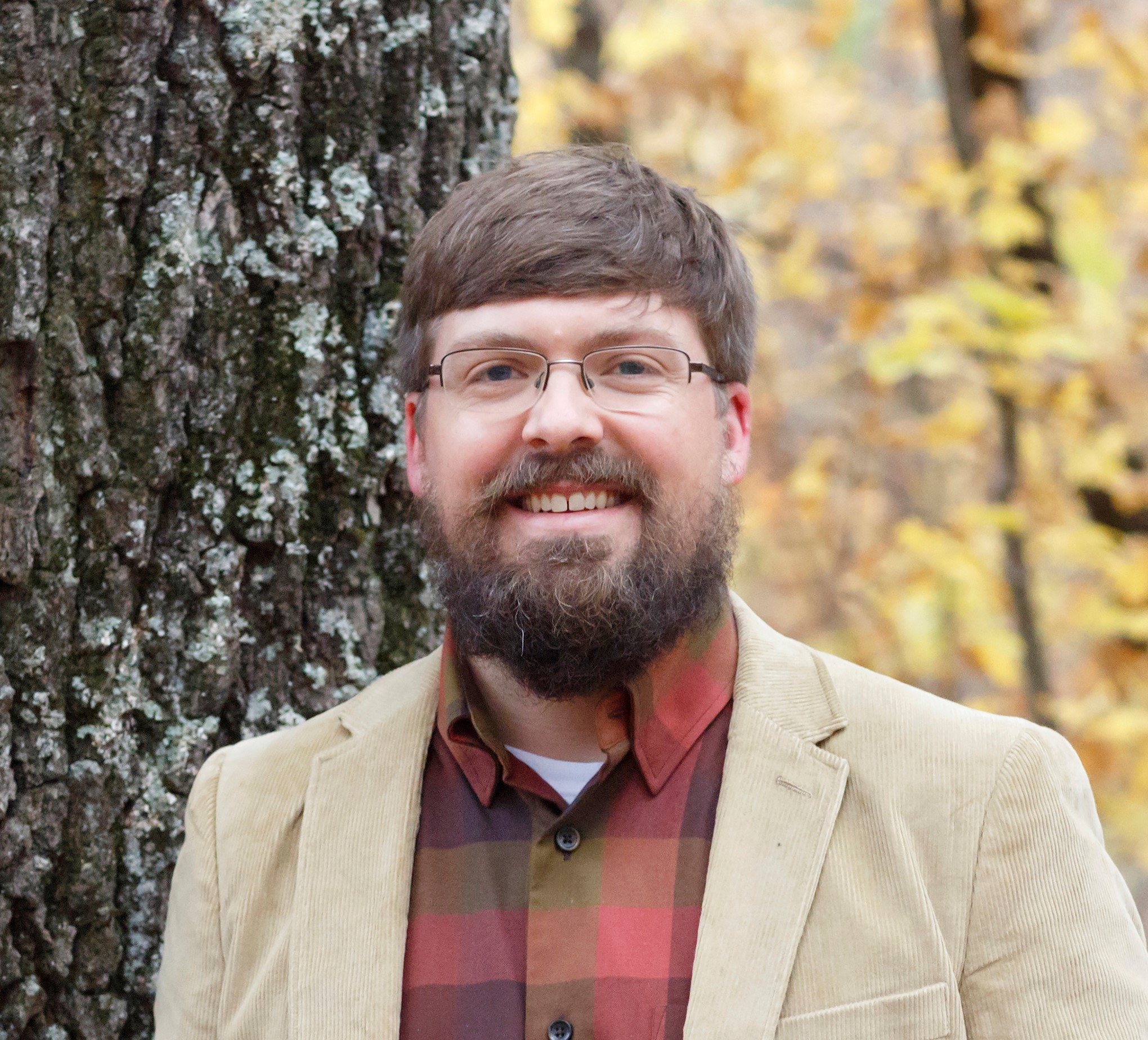
Ben Knapp has been a faculty member at the School of Natural Resources since 2012. Dr. Knapp's research focuses on developing silvicultural practices to address contemporary forest management issues, spanning topics that include the use of prescribed fire for woodland restoration, tree regeneration challenges in a variety of habitats and the effects of forest management on carbon dynamics. He has served as the superintendent of the University of Missouri’s Baskett Forest, where he developed various programs focused on student success, including opportunities for professional wildland fire training certification and a maple syrup production program.
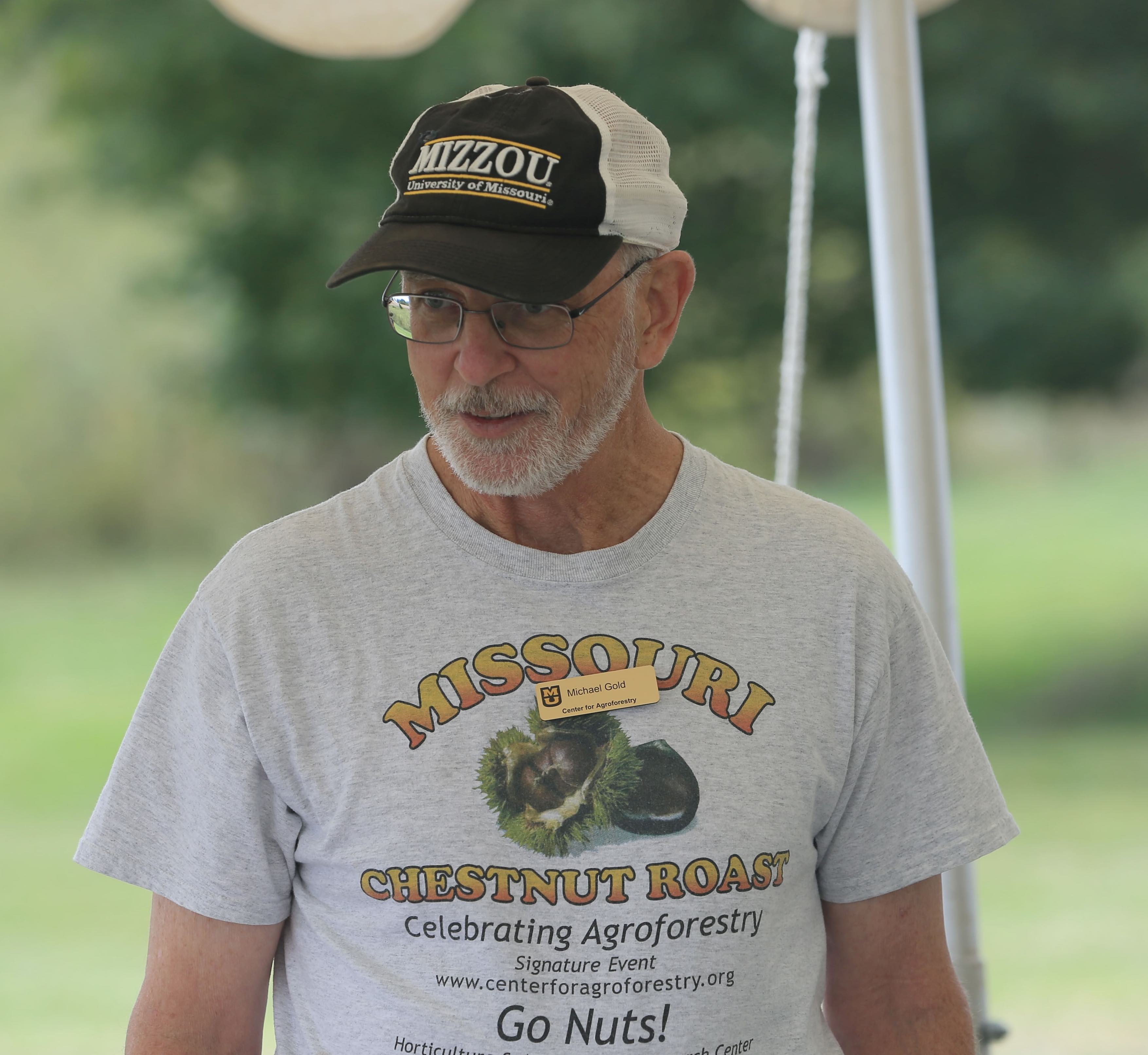
At the University of Missouri Center for Agroforestry, Michael Gold’s primary focus is directed toward the 100% online, agroforestry master's and graduate certificate programs. Dr. Gold teaches an agroforestry overview core course in these programs, serves as program coordinator and co-advises online students. He was the lead principal investigator in establishing the Center for Agroforestry’s annual Agroforestry Academy since it began in 2013. His research has been focused on the selection and improvement of Chinese chestnut trees and the development of market and consumer knowledge for multiple specialty crops (e.g., chestnut, elderberry, pawpaw).
